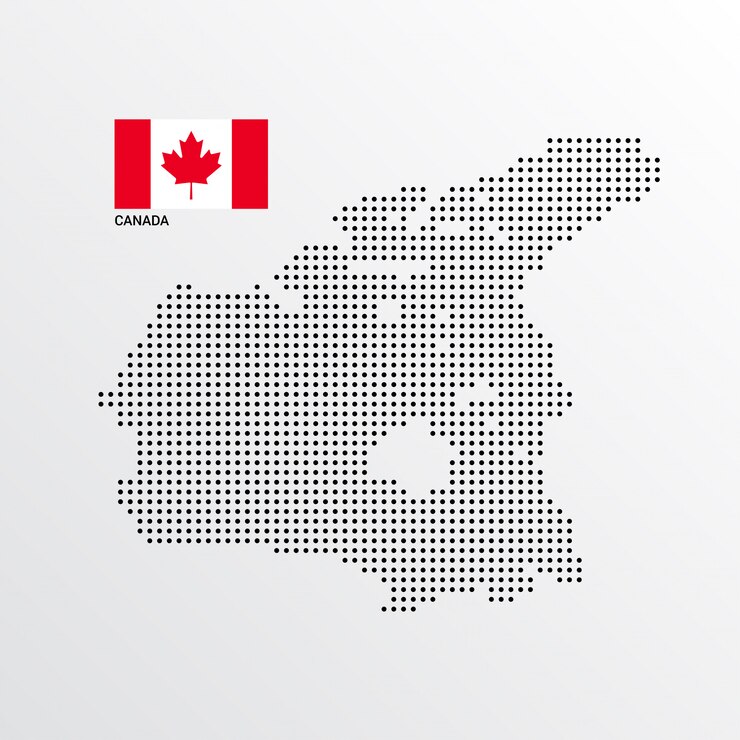In today’s rapidly evolving global landscape, data analytics stands at the forefront of driving informed decision-making and efficiency across various sectors. Recognizing the pivotal role of technology in shaping immigration policies, Immigration, Refugees, and Citizenship Canada (IRCC) has embarked on a transformative journey by integrating advanced analytics into the processing of spouse and partner immigration applications. This groundbreaking initiative aims not only to streamline administrative processes but also to facilitate prompt family reunifications, underscoring Canada’s commitment to fostering inclusivity and compassion within its immigration system. Transformative Innovations in Family Reunification

Empowering Family Reunification Through Data-Driven Insights
Family reunification lies at the heart of Canada’s immigration ethos, embodying its core values of compassion and unity. As such, IRCC’s adoption of advanced analytics represents a significant leap forward in enhancing the efficiency and efficacy of spouse and partner immigration application processing. By harnessing the power of data-driven insights, IRCC seeks to expedite the reunification of families while ensuring thorough evaluations of each application’s merits. Transformative Innovations in Family Reunification
A Dual-Part Application Review Process: Enhancing Precision and Expediency
Central to IRCC’s innovative approach is the implementation of a dual-part application review process, comprising sponsorship and principal applicant assessments. Through sophisticated algorithms and automated tools, routine cases are swiftly identified and processed, allowing officers to focus their attention on more complex applications. This dual-review mechanism not only accelerates the processing timeline but also ensures comprehensive scrutiny, thereby upholding the integrity of Canada’s immigration system.
Upholding Ethical Standards in Technological Integration
As Canada pioneers the integration of advanced analytics into immigration processes, it remains steadfast in upholding ethical standards and privacy safeguards. IRCC’s commitment to responsible technology deployment underscores its dedication to transparency, accountability, and fairness. Regular assessments and adherence to administrative law principles serve as cornerstones in mitigating risks and safeguarding applicants’ rights throughout the immigration journey.
Setting Targets for Enhanced Efficiency and Accessibility
With efficiency as a guiding principle, IRCC has set ambitious targets to reduce processing times for spousal permanent resident applications. By leveraging advanced analytics, the government aims to enhance accessibility and inclusivity within Canada’s immigration system, ensuring that families are reunited promptly and seamlessly. Through strategic planning and technological innovation, IRCC strives to create a more responsive and applicant-friendly immigration framework.
Balancing Innovation with Human Oversight: Preserving Fairness and Equity
While technological advancements play a pivotal role in streamlining immigration processes, IRCC remains cognizant of the importance of human judgment and oversight. Officers retain the authority to override automated decisions, thereby ensuring that each application receives the thorough consideration it deserves. By striking a balance between innovation and human intervention, IRCC upholds the principles of fairness, equity, and due process in its immigration procedures.
Charting the Course for Future Advancements: Leveraging Data for Inclusive Policies
Looking ahead, Canada’s commitment to leveraging data analytics for immigration policies holds immense promise for the future. Beyond spouse and partner applications, advanced analytics can be harnessed to address broader immigration challenges, promoting inclusivity, diversity, and responsiveness within Canada’s multicultural landscape. By embracing technological innovations and data-driven insights, Canada reaffirms its position as a global leader in immigration reform and social integration.
In conclusion, Canada’s adoption of advanced analytics represents a paradigm shift in immigration processing, one that prioritizes efficiency, fairness, and compassion. By harnessing the power of data-driven insights, IRCC is not only revolutionizing administrative procedures but also reaffirming Canada’s commitment to fostering familial bonds and unity. As the nation continues to embrace innovation in immigration policies, it paves the way for a more inclusive, accessible, and responsive immigration system that reflects the values of diversity and compassion ingrained in the Canadian identity.
Disclaimer: The information provided in this article is for general informational purposes only and should not be construed as legal advice or consultation. Readers are encouraged to seek personalized guidance from qualified immigration professionals for their specific circumstances. For expert advice on tourist visas, study permits, or work permits, please feel free to contact us for a complimentary consultation.
Prepare for Your Canadian Adventure with a Seamless Canada Tourist Visa Experience!
Mastering the Passport Renewal Process: Your Comprehensive Guide
Also read:
- Everything You Need to Know About IELTS: Exam Format, Application Steps, and Preparation Tips
- Understanding Canada’s New Visa Regulations: Implications for Indian Students
- British Columbia’s Latest Immigration Draw: A Boost for Key Sectors
- Navigating Canada’s Path to Permanent Residency: Lowered CRS Scores and Opportunities for Skilled Workers
- Navigating the New Rules: Canada Ends ‘Flagpoling’ for Post-Graduation Work Permits



